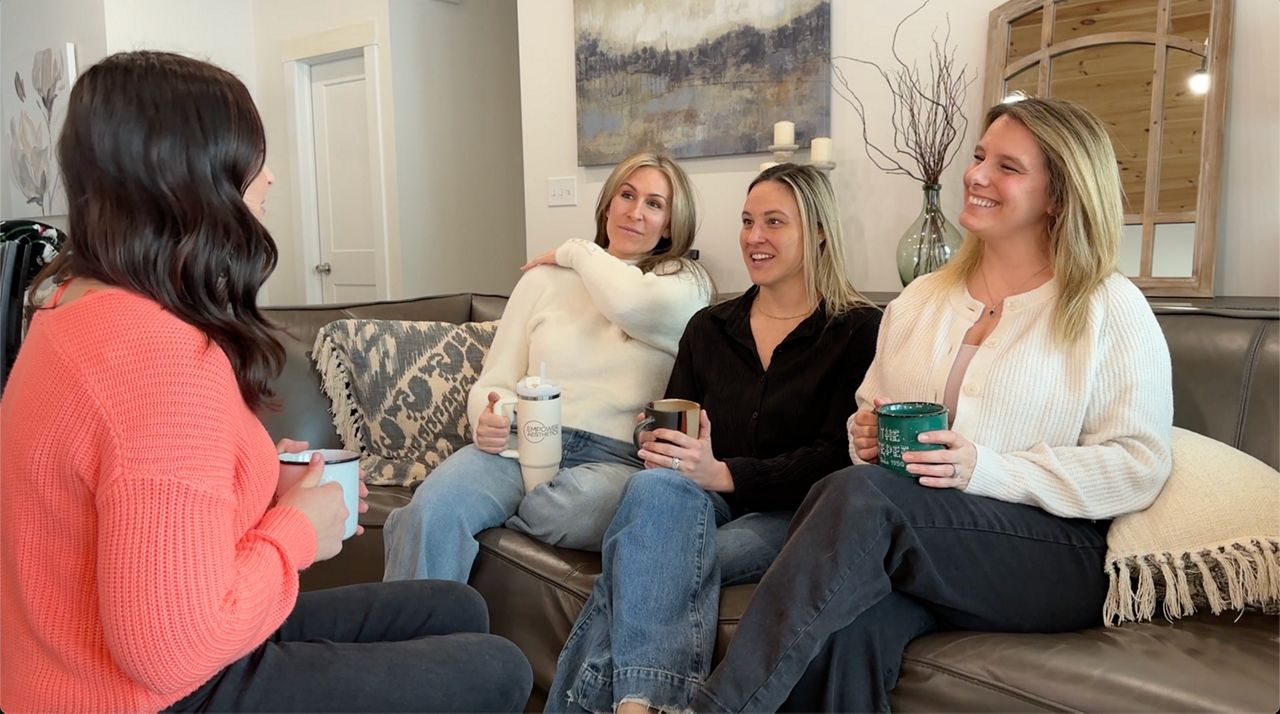Kyle Frownfelter guides people through whatever tech problem comes their way.
“You've got JAWS on your system, right? So JAWS is a screen reader for visually impaired, blind, visually impaired folks,” Frownfelter explained. “And what it does is it reads the screen and the contents of the screen in a synthetic voice.”
As an Assistive Technology Instructor for the Northeastern Association of the Blind, he answers calls and provides hands on tech training for those who are visually impaired.
“Well, what we're working on, Marco? We're really setting up this computer for me to use anywhere, you know, because it's not fully set up for me to use for job searching,” Frownfelter said.
That includes setting up emails and sometimes sorting through documents that are a bit more complicated, medical bills.
An investigation by Kaiser Health News found that, across the U.S., visually impaired people are receiving inaccessible medical bills, which violates disability rights laws.
Patients reported that they received letters that were impossible to read, including documents without braille or text so small that it’s hard to decipher.
And another problem that Kyle points out is a lot of this information are digitized… and not always accessible.
“Information, for instance, can be in encoded in a graphical way,” Frownfelter said. “They might say things in blue, may indicate you haven't paid, or things that red may indicate that it has been paid and things like that.”
He recommends digitizing any physical documents or using an app on your phone called SEEING AI that turns text to speech.
“Unfortunately, if both these things fail, then the next step would be to get a hold of the companies to tell them that they're violating WCAG,” he said. “I mean, in a lot of times if you if you just pointed out, companies will be open to trying to help.”
Frownfelter got into the field not only for his love of all things tech, but to help others find the independence that he has found.
“It's important for empathy, but I also think it's important because of the future of our country because, as I said, there's a lot of baby boomers now that are getting older. And so access to this sort of information is very important,” Frownfelter said.










